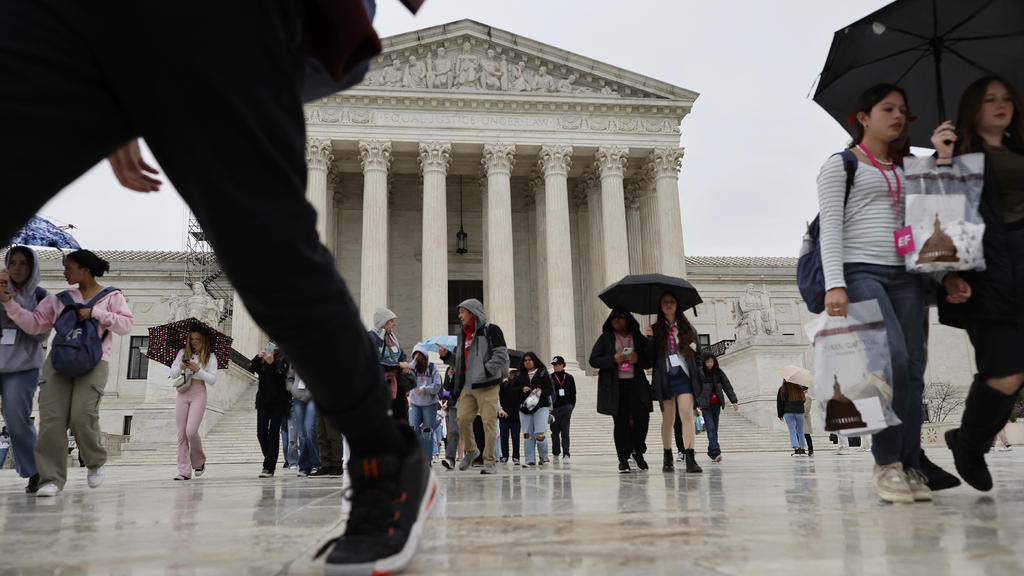Supreme Court Justice Samuel Alito Puts Hold on FDA Approval of Abortion Pill Mifepristone: What It Means for Women's Reproductive Rights
Key Highlights :

Supreme Court Justice Samuel Alito granted the Justice Department's request to put on hold a lower court's decision involving the FDA's approval of the abortion pill mifepristone, preserving access to the drug for now. Limits on how late into a pregnancy the drug can be taken, who can prescribe it and how it can be dispensed were set to take effect Saturday at 1 a.m. Alito's hold will stay in place until 11:59 p.m. Wednesday. The Biden administration and the drug's maker, Danco Laboratories, asked the Supreme Court to intervene and block an April 7 order from a federal district judge that halted the FDA's 2000 approval of mifepristone and subsequent actions taken by the agency that made it easier to access.
This article will discuss the conflicting court orders, the FDA's stance on the drug's safety and effectiveness, and the impact of the decision on women's reproductive rights. The challenge to mifepristone's FDA approval is the latest effort from anti-abortion rights advocates to curtail abortion access. Medication abortions accounted for more than half of all abortions in the U.S. in 2020, according to the Centers for Disease Control and Prevention. With access to mifepristone at risk, Democratic-led states have moved to beef up their supplies of the drug and misoprostol, which can be taken on its own, to ensure that women have access to safe and effective reproductive care.
